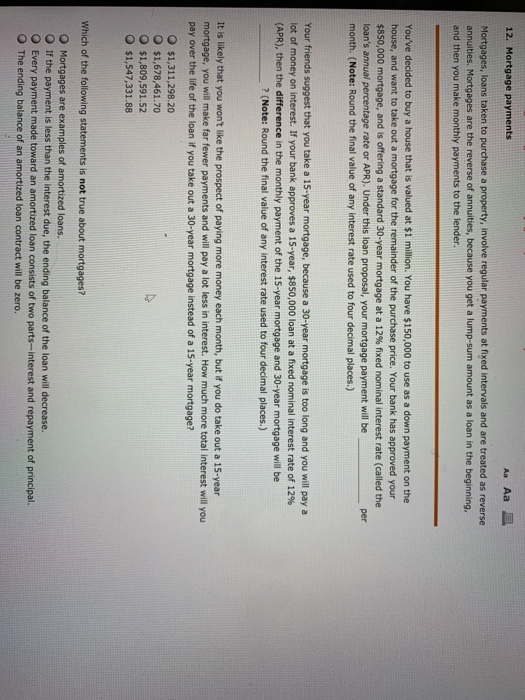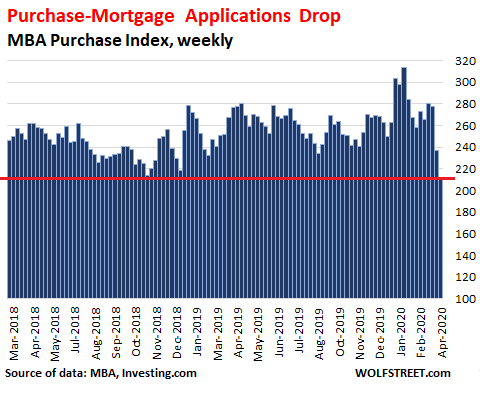A bigger deposit on a standard loan will likewise accelerate the process of reaching 80% on your loan-to-value (LTV) ratio, which is the portion of how much you still owe on your home mortgage - what is the current variable rate for mortgages. You can stop paying home mortgage insurance once the money you've paid towards your house, including the down payment, reaches 20% of your house's value, or 80% LTV which minimizes your monthly payments.
If you desire to make a 20% down payment to prevent being struck with home loan insurance costs, you can approximate just how much home you can afford by increasing your cost savings by 5. For instance, if you had $34,000 in your savings the typical cost savings account balance in 2013 you might manage to fund a $170,000 house without purchasing home mortgage insurance.
As such, it is very important that you factor these regular monthly expenses into your budget when worst timeshare companies identifying the amount of home loan financial obligation you can pay for. Many very first time house buyers struggle to get approved for mortgages due to the fact that they can't fulfill the common 20% deposit minimums on the size of house they want.
If either of these explains your situation, you might have the ability to minimize your down payment through a government loan. Both the Federal Housing Administration (FHA) and the Veterans Administration (VA) run home mortgage programs for eligible Americans. First-time house buyers with little credit history or a poor credit profile might consider applying for an FHA home loan instead of a traditional loan.
Customers with bad credit also tend to receive higher rate of interest, which can significantly increase your month-to-month home loan payment. Nevertheless, FHA loans are likewise a good alternative if your credit history is above 580 but you wish to make a smaller down payment than permitted by a conventional loan provider. Similar to other forms of financial obligation funding, you're probably to be authorized for an affordable loan if you've built a strong credit profile and have healthy cost savings.
Another method that lots of states have actually begun offering are. It's possible to pay a low deposit on a traditional loan if you have exceptional credit, but a lot of banks require a deposit of 5% or more for the typical borrower. Government-backed FHA home loans, which have a 3. 5% minimum deposit, can be a more cost effective choice for those looking for a smaller up-front expense though, as pointed out above, all FHA borrowers must pay month-to-month insurance expenses for the life of the loan.
The added MIP or PMI fee can be a pricy long term expense and might negate the financial advantage of making a low down payment. Offered the large expenditure of buying a house, it's most advisable to save enough cash to make a 20% down payment and avoid spending for insurance, particularly if you expect your budget plan to be tight in the coming years.
How Do Mortgages Work In The Us for Dummies
Your down payment plays a crucial role when you're buying a home. A down payment is a portion of your house's purchase cost that you pay up front when you close your home mortgage. Lenders typically take a look at the down payment quantity as your financial investment in the house. Not just will it affect just how much you'll require to borrow, it can likewise influence: Whether your loan provider will require you to pay for private home mortgage insurance (PMI).

Your rates of interest. Since your down payment represents your investment in the home, your loan provider will typically provide you a lower rate if you can make a greater down payment. So just how much of a deposit will you need to make? That depends upon the purchase price of your house and your loan program.

The amount timeshare for rent by owner of your deposit assists provide your lender the loan-to-value ratio (LTV) of the property. LTV is one of the primary factors along with debt-to-income-ratio and credit report that a lending institution thinks about when deciding whether to extend you credit. Your loan-to-value ratio indicates how much you will owe on the home after your deposit, and is expressed as a portion that shows the ratio in between your home's overdue principal and its assessed value.
Here's the formula: Loan amount appraisal value or purchase rate (whichever is less) = loan-to-value (LTV) The house you desire to purchase has actually an appraised value of $205,000, however $200,000 is the purchase priceThe bank will base the loan amount on the $200,000 figure, since it's the lower of the 2You have $40,000 for a deposit, so you need a $160,000 loan to satisfy the $200,000 purchase priceYour loan-to-value equation would appear like this: $160,000 $200,000 =.
80 by 100% which offers you an LTV of 80% If your down payment is lower than 20%, your loan-to-value ratio for standard funding will be greater than 80%. Because case, your lending institution might need you to pay personal home loan insurance coverage, because they're providing you more cash to acquire the house and increasing their potential danger of loss if the loan should enter into default.
When you think about just how much to put down on your home, consider your lender's requirements and what a higher or a lower deposit will imply for you. Is it worth it to you to pay personal home loan insurance coverage each month in order to get the other advantages of homeownership? Or would it make more sense for you to conserve for a larger down payment and prevent PMI, even if that suggests waiting longer to purchase a house? Knowing the monetary impact of each option can assist you make your choice with self-confidence.
For novice home purchasers, the difficulty of coming up with a 20% home mortgage deposit is frequently tough enough to keep them out of the marketplace. However the 20% down payment is all but dead and has actually been for quite a long time, specifically for novice buyers. Get the answer to concerns about your home loan, travel, finances and maintaining your comfort.
An Unbiased View of What Type Of Mortgages Are There
Because outliers can alter an average, the informing figure for what other house buyers put down is the typical down payment, meaning half paid that much or above, and half paid that much or below. For novice home buyers who financed the purchase, the mean down payment was 7%, according to a 2018 survey by the National Association of Realtors.
" The other half still believe that they should have at least 20% down in order to certify for a house mortgage." The minimum deposit for a house depends on the type of loan and a loan provider's requirements. Here are the minimum down payment requirements for the most common types of loans.Conventional loans,which aren't guaranteed by the federal government, can have down payments as low as 3% for competent purchasers. 5% down. FHA loans permit lower minimum credit rating than conventional loans.VA loans for military service members and veterans, and USDA loans for particular rural and rural buyers, usually need no deposit. VA loans are backed by the U.S. Department of Veterans Affairs, and USDA loans are ensured by the U.S.